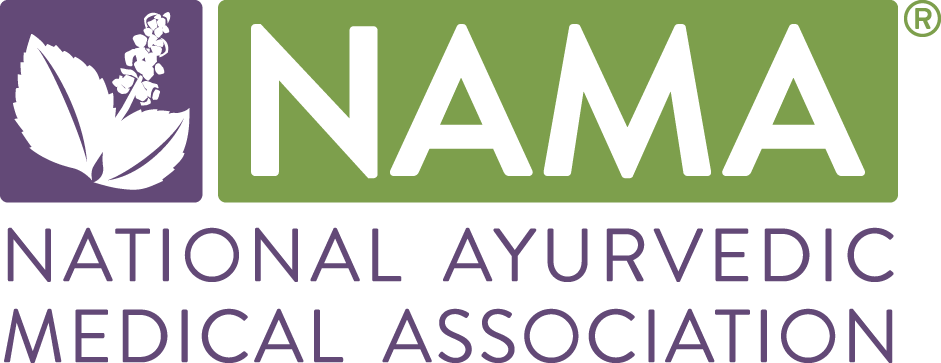Course Description:
This course explores in detail the Ayurvedic approach to promoting fertility and a healthy pregnancy. Students learn the causes, signs and symptoms, and pathogenesis of the disorders, as well as diet, lifestyle, herbal formulas and other therapies. Assessment and appropriate intervention for children are examined per different age groups from infants to adolescence. Diet and lifestyle to promote health as well as herbs suitable for children are presented.
Course Objectives:
1: Ayurveda Framework of Health: Apply Ayurveda framework when considering disease prevention and management. The student will be able to analyze, develop and evaluate the Ayurveda framework for disease prevention and management for optimal well-being.
2: Clinical Practice: Demonstrate synthesis and application of the Ayurveda Framework through supervised clinical experience and patient assessments. The student will be able to investigate, design and document therapeutic recommendations.
3: Research Literacy: Investigate, integrate and assess research for scholarly enhancement in the field of Ayurveda. The student will be able to identify, interpret, examine, and synthesize research on disease prevention and management as it applies to Ayurveda.
4: Ayurveda Integration: Function effectively as an Ayurveda health specialist, adapting Ayurveda for an integrative approach to health. The student will be able to interpret, discriminate, and formulate the Ayurveda framework with a clear understanding of their scope of practice within healthcare subsystems to deliver excellent care and education for clients and the community.
1. Explain the samprapti for artavahasrota.
2. Demonstrate the relationship and activity of the subdoshas in artavahasrota.
3. List in Sanskrit and describe in English roga for stree prasuti and kaumara.
4. Categorize purvaroopa, roopa, nidana, and samprapti for each roga according to dosha.
5. Determine single herb and classical formulations that can be used for stree prasuti and kaumara. 6. Design a chikitsa plan for stree prasuti and kaumara. Suggest ahara, vihara (including shodhana and shamana).
7. Explain the Ayurvedic approach to pre- and post-partum healthcare for the mother and the child. 8. Integrate and apply the Ayurvedic approach to bala manas vikruti (pediatric mental conditions).
Total Hours of Coursework: 12
PACE credits: 12 Topics In Ayurveda
Audience:
Students in an academic program
Name of Faculty Member:
Yashashree Mannur B.A.M.S.
Provider/Faculty Bio:
Classically Trained Ayurveda Practitioner and Teacher.Thorough knowledge of Sanskrit language providing a strong foundation of classical texts of Ayurveda. Dedicated towards providing the best possible Ayurvedic Care to the community by educating every patient about role of Ayurveda in achieving health and preventing diseases. Caring and friendly nature helps to build a long lasting relationship of trust with patients . Strives to create strong team of Shubham staff who support the patients by being very efficient and prompt in responding to the patient's queries. Passionate about spreading Ayurveda by creating efficient Ayurvedic Practitioners by training them thoroughly in Classical texts of Ayurveda in Shubham Academy.
Course Dates:
June 10 - 11th
Start Time:
11 am
End Time:
2:30 pm
Course Registration URL:
https://www.mountmadonnainstitute.org/admissions/apply/mini-courses-apply
Point of Contact Name:
Jackie Christensen
Point of Contact Email:
Jackie@mountmadonna.org

